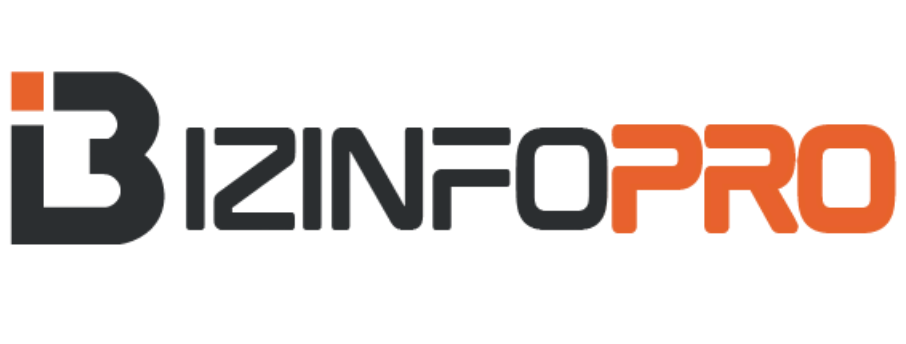
The Shift Toward Financial Efficiency
In today’s volatile economic landscape, businesses are under increasing pressure to achieve more with less. From startups to multinational corporations, the focus has shifted from growth at all costs to sustainable profitability. This shift demands a critical reevaluation of how money is spent. Rethinking corporate spending is no longer just a strategic initiative—it’s a necessity for survival and long-term success.
Understanding Corporate Spending in the Modern Era
Corporate spending encompasses all operational expenses a business incurs—from salaries and utilities to software subscriptions and travel costs. Over time, many organizations accumulate unnecessary expenses that go unnoticed or unquestioned. These seemingly minor inefficiencies can snowball into significant financial drainers, especially during market downturns or periods of slow growth.
A leaner financial future begins with acknowledging that not all expenses are equal. Some costs generate high returns, while others quietly erode margins. Companies that can differentiate between the two will be better positioned to thrive in uncertain environments.
Identifying Hidden Cost Drivers
Many hidden expenses go unnoticed simply because they’ve become habitual. These include:
- Legacy systems and outdated software: Continuing to pay for tools that no longer serve their purpose.
- Inefficient vendor contracts: Long-term contracts that no longer provide competitive value.
- Excessive travel and entertainment: Costs that don’t directly impact business performance.
- Overstaffing or underutilized roles: Payroll inefficiencies can strain budgets significantly.
By identifying these areas, companies can take a more informed approach to streamline their spending without compromising quality or performance.
Embracing Technology and Automation
One of the most effective ways to reduce corporate expenses is by leveraging technology. Automation tools can streamline repetitive tasks, reduce human error, and boost productivity. From automated accounting systems to AI-driven customer service platforms, smart tech investments often yield a strong return over time.
Cloud computing, for instance, eliminates the need for expensive on-premise infrastructure while providing scalability. Similarly, digital payment systems can reduce processing times and improve cash flow visibility. In every department, there are opportunities to automate and optimize.
Data-Driven Decision Making
Data analytics plays a vital role in reshaping corporate spending strategies. By leveraging financial and operational data, companies can identify spending trends, track ROI, and spot inefficiencies in real-time. This enables better decision-making and more effective budget allocation.
For example, instead of making broad budget cuts, data can help pinpoint specific underperforming areas. Marketing teams, for instance, can assess which channels yield the highest returns and redirect funds accordingly. This precise approach is more sustainable and less disruptive than traditional cost-cutting measures.
Prioritizing Core Business Functions
A lean financial future doesn’t mean slashing costs across the board. Instead, it means allocating resources more strategically. Businesses should prioritize spending on initiatives that directly contribute to growth, innovation, and customer satisfaction.
- Invest in employee development: A well-trained team is more efficient and productive.
- Focus on product innovation: Staying competitive requires continuous improvement.
- Enhance customer experience: Satisfied customers lead to higher retention and revenue.
By channeling funds into these core functions, businesses can strengthen their foundations while reducing waste elsewhere.
Building a Culture of Financial Accountability
Cultural change is key to sustaining lean financial practices. Leadership must foster a mindset of accountability across all levels of the organization. Every team and department should understand the importance of spending wisely and be empowered to make cost-conscious decisions.
Regular financial reviews, transparent reporting, and performance incentives tied to cost-saving initiatives can reinforce this culture. When financial discipline becomes part of the company’s DNA, it leads to more responsible behavior and long-term stability.
Agile Budgeting and Scenario Planning
In today’s fast-paced business environment, static annual budgets can quickly become obsolete. Agile budgeting, which involves continuously updating financial plans based on real-time data and market changes, allows companies to stay responsive.
Scenario planning complements this by preparing for different outcomes—such as economic downturns, new regulations, or supply chain disruptions. These tools ensure that companies are not only prepared to react but also to act with foresight and confidence.
Partnering with Strategic Vendors
Choosing the right vendors can significantly impact the cost-effectiveness of your operations. Instead of simply cutting vendor costs, companies should seek partnerships that provide long-term value. This might involve negotiating better terms, consolidating suppliers, or investing in co-innovation with strategic partners.
Vendor management should also involve ongoing performance evaluation. Are your suppliers delivering value? Can the same services be procured more efficiently elsewhere? These are questions that must be revisited regularly.
Sustainability and Cost Efficiency Go Hand in Hand
Sustainability is often seen as a long-term investment, but it can also offer immediate financial benefits. Energy-efficient operations, waste reduction, and sustainable sourcing can significantly lower operating costs.
For instance, switching to digital documentation not only saves paper but also streamlines workflows and reduces physical storage costs. Likewise, investing in green infrastructure often results in lower utility bills and tax incentives.
The Road Ahead: Financial Agility as a Competitive Advantage
Businesses that adopt leaner, more agile financial strategies will not only weather economic storms better—they will be more competitive overall. Rethinking corporate spending isn’t about depriving departments of necessary resources. It’s about making every dollar work harder and smarter.
The future belongs to companies that can pivot quickly, prioritize intelligently, and continuously adapt to change. By embracing lean principles today, organizations can lay the groundwork for a financially resilient and future-proof enterprise.
Explore more insights, strategies, and trends shaping the future of finance. Stay informed with the latest updates and expert analysis on BizInfoPro.










